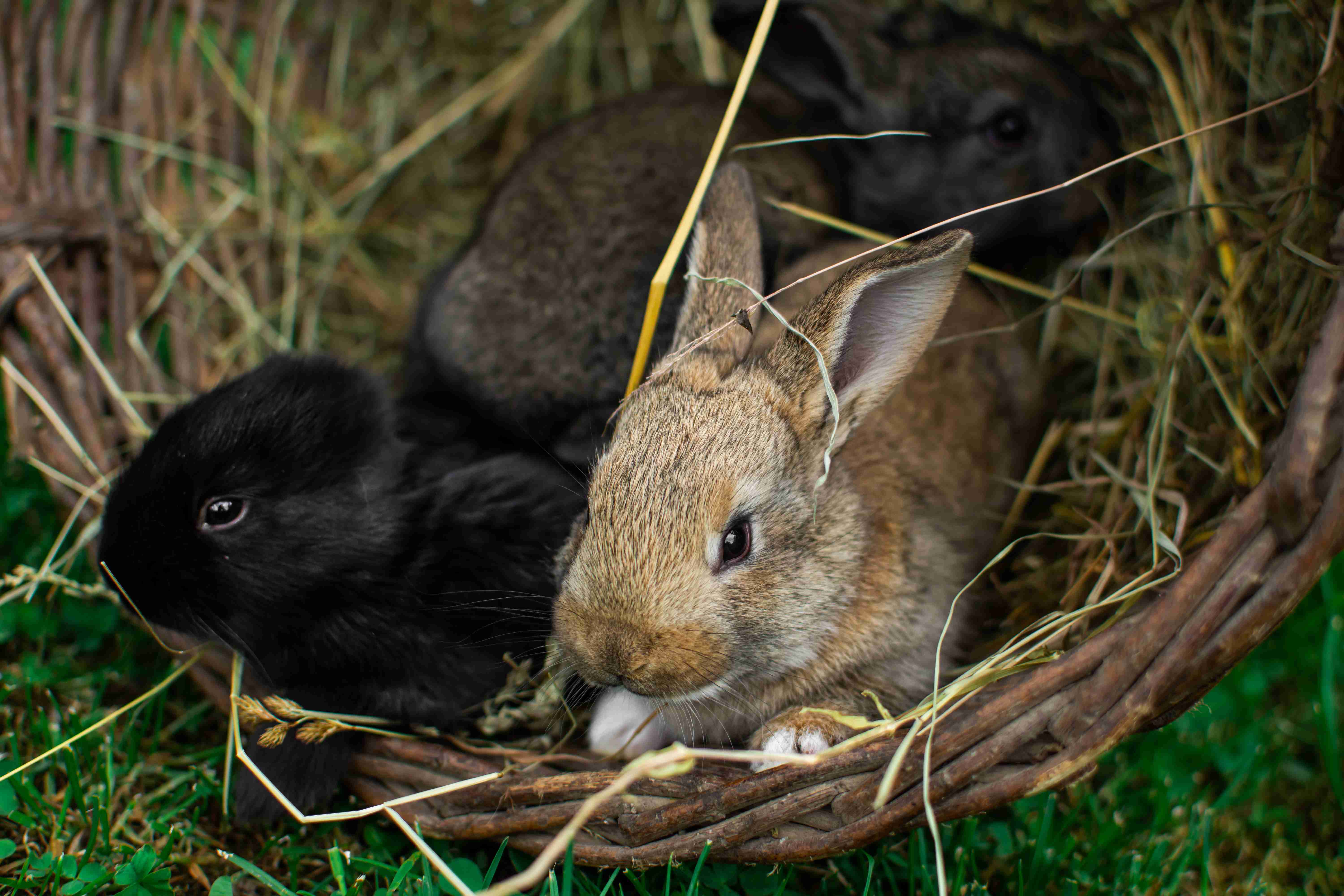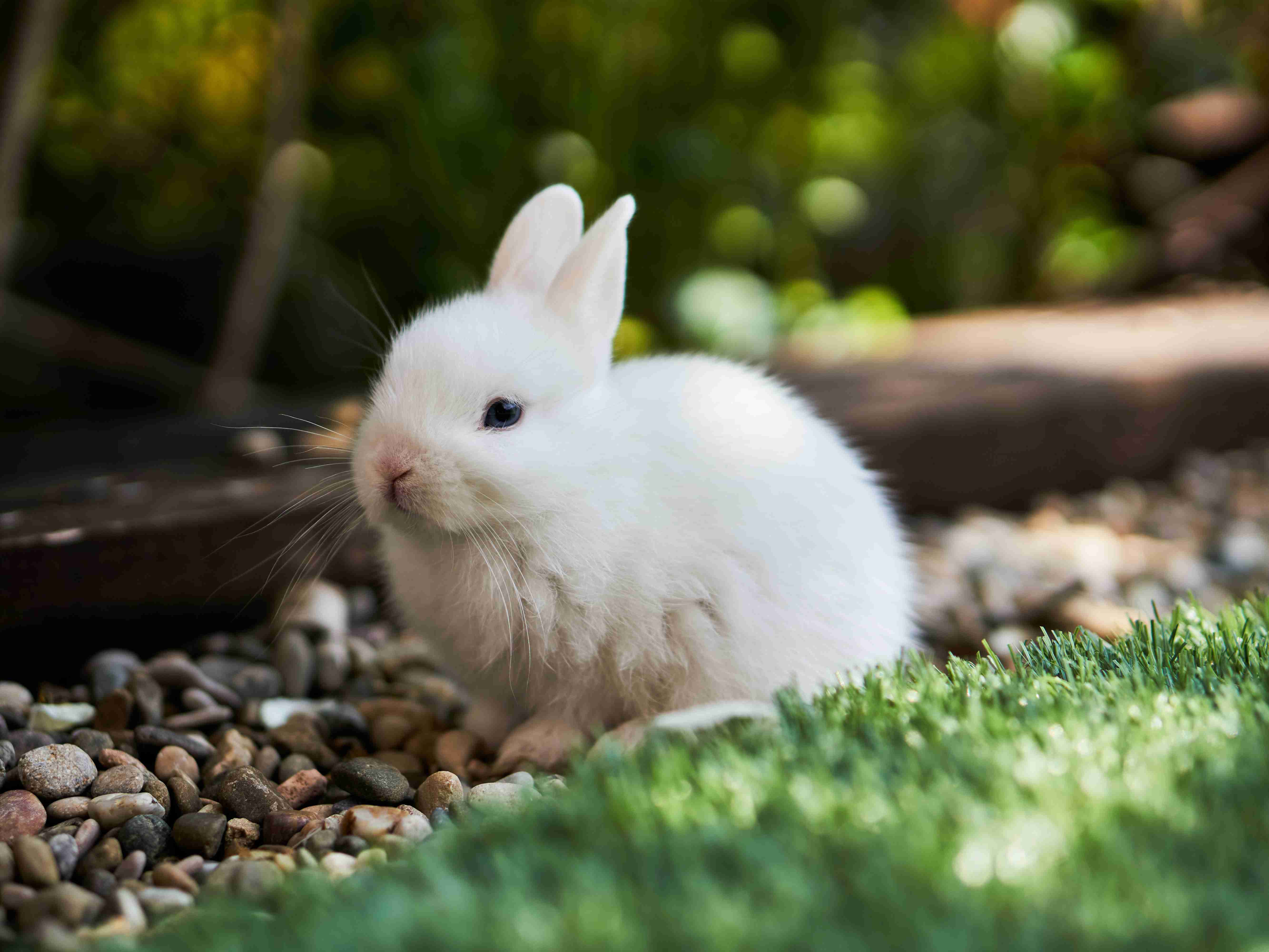As a pet owner, it’s important to keep your furry friend healthy and happy. One of the biggest concerns for rabbit owners is ensuring that their pet doesn’t become overweight. Overweight rabbits can suffer from a range of health problems, including heart disease, arthritis, and digestive issues. Fortunately, keeping your rabbit at a healthy weight doesn’t have to be complicated. In this blog post, we’ll share six simple tips to help you prevent your pet rabbit from becoming overweight and keep them healthy for years to come.
Pet rabbits are adorable, furry creatures that have become increasingly popular as pets. However, just like humans, rabbits can become overweight if they are not fed and exercised properly. Obesity in rabbits can lead to serious health problems, such as heart disease, arthritis, and respiratory issues. In this article, we will provide 6 tips to help you keep your pet rabbit at a healthy weight.
1. Feed your rabbit a proper diet
One of the most important ways to keep your rabbit at a healthy weight is to feed them a proper diet. A rabbit’s diet should consist of hay, fresh vegetables, and a limited amount of pellets. Hay is an essential part of a rabbit’s diet as it helps to keep their digestive system moving, prevents hairballs, and keeps their teeth healthy. Fresh vegetables such as carrots, kale, and spinach should also be included in their diet. However, you should avoid feeding them too many treats, as this can lead to obesity.
2. Weigh your rabbit regularly
Weighing your rabbit regularly is an excellent way to monitor their weight. You can use a kitchen scale or a rabbit scale to weigh your rabbit. If you notice that your rabbit is gaining weight, you can adjust their diet accordingly. It is essential to monitor your rabbit’s weight, especially if they are prone to obesity.
3. Provide plenty of exercise
Rabbits need plenty of exercise to stay healthy. You should provide your rabbit with plenty of opportunities to exercise, such as by giving them a run around the house or letting them play in a rabbit-safe outdoor area. You can also provide them with toys to play with, such as tunnels and chew toys.
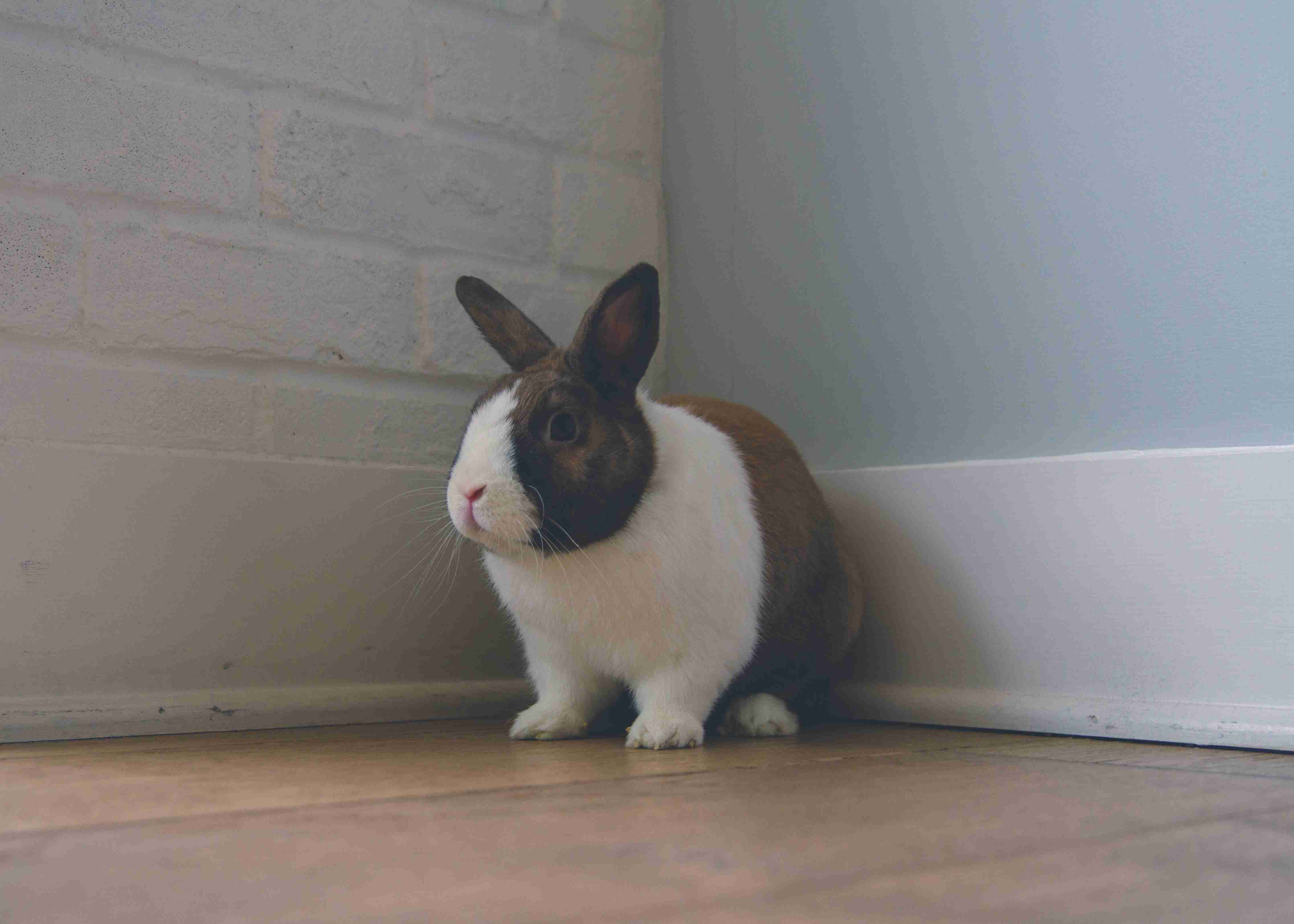
4. Limit treats
Treats are a great way to show your rabbit that you love them. However, you should limit the number of treats you give them. Treats should only make up a small percentage of their diet. You can give them a small piece of fruit or a carrot as a treat, but you should avoid giving them too many treats.
5. Provide plenty of water
Water is essential for a rabbit’s health. You should provide your rabbit with plenty of fresh water every day. You can use a water bottle or a bowl to provide water. You should also clean their water container regularly to ensure that it is clean and fresh.
6. Regular vet check-ups
Regular vet check-ups are important for your rabbit’s health. Your vet can monitor your rabbit’s weight and advise you on how to keep them at a healthy weight. They can also check for any health issues that may be causing your rabbit to gain weight.
Overall, keeping your rabbit at a healthy weight is essential for their health and well-being. By following these tips, you can help your rabbit live a long and healthy life. Remember, a healthy rabbit is a happy rabbit!
In conclusion, keeping your pet rabbit at a healthy weight is essential for their overall health and well-being. By following the six tips we have outlined, you can help prevent your rabbit from becoming overweight and reduce their risk of developing health problems. Remember to monitor their weight, feed them a balanced diet, provide plenty of exercise and playtime, and consult with your veterinarian if you have any concerns. With proper care and attention, your pet rabbit can lead a happy and healthy life!


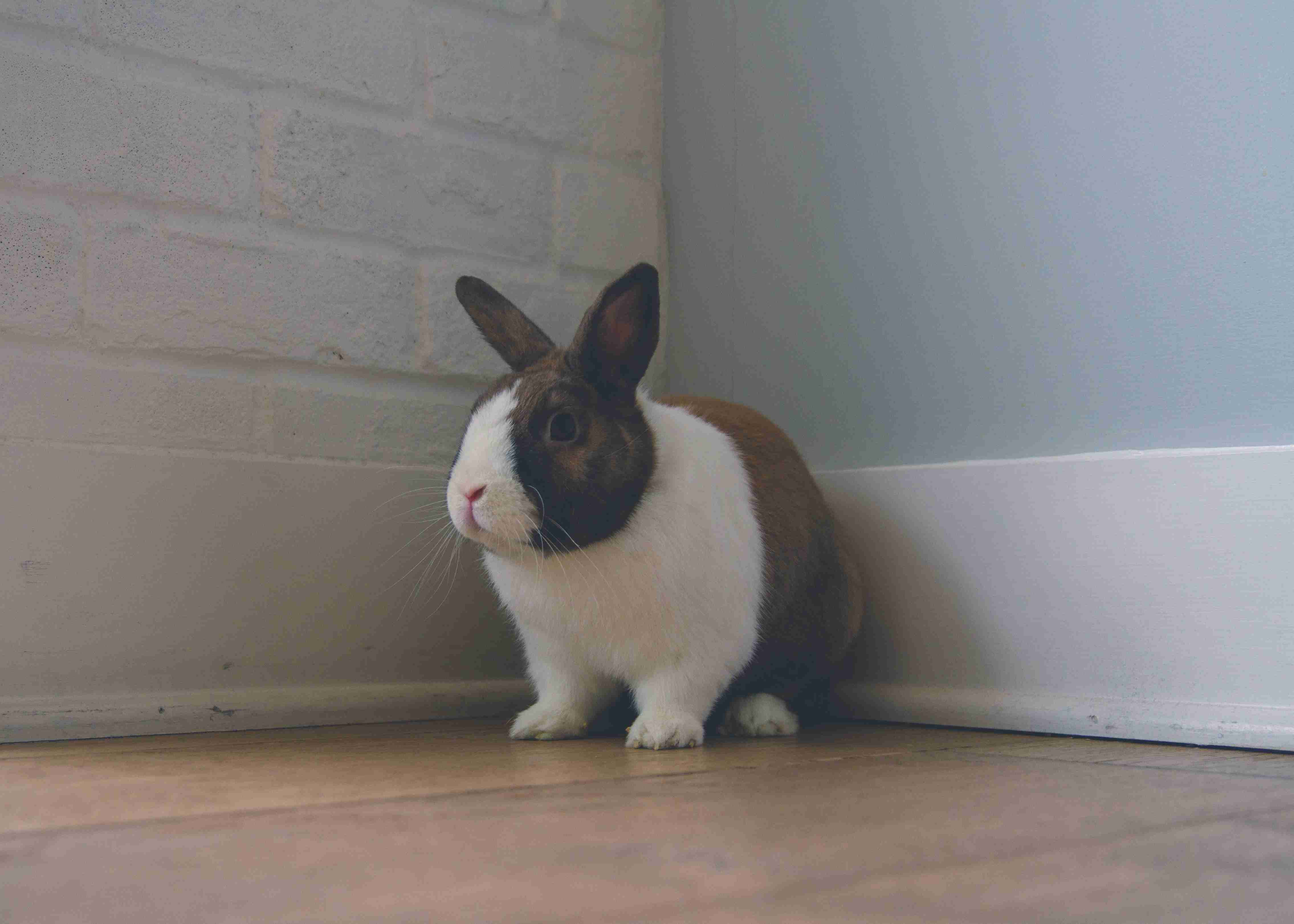
.jpg)
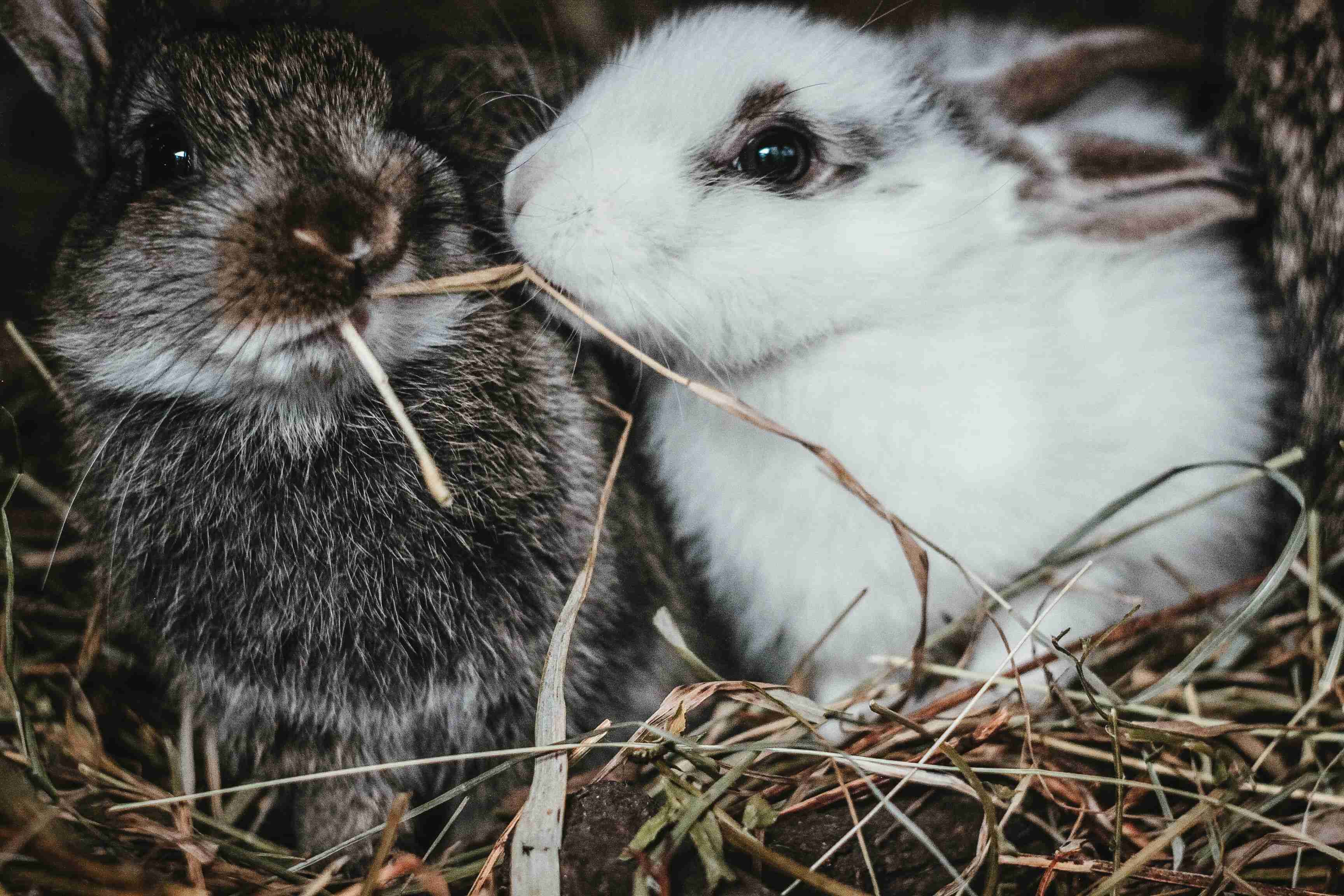
.jpg)
.jpg)
